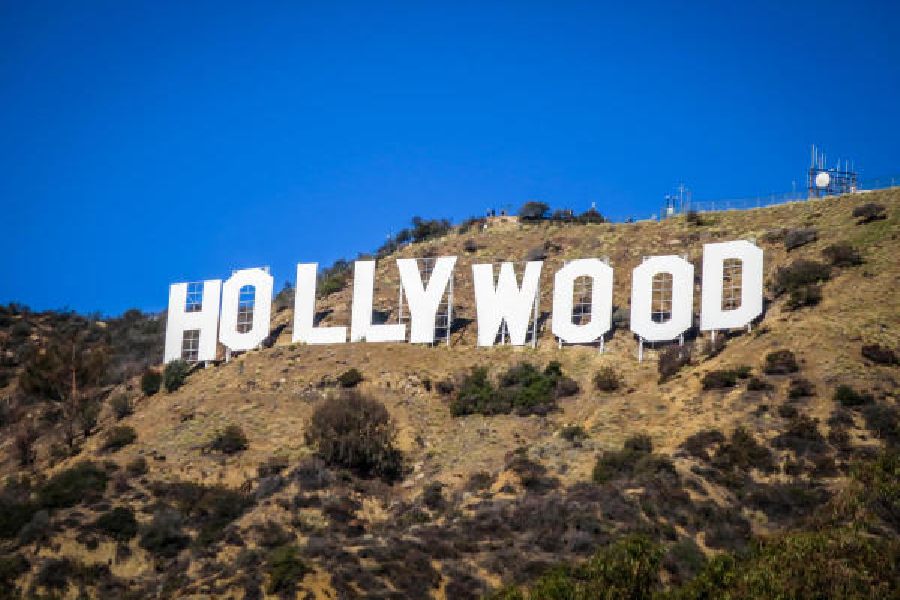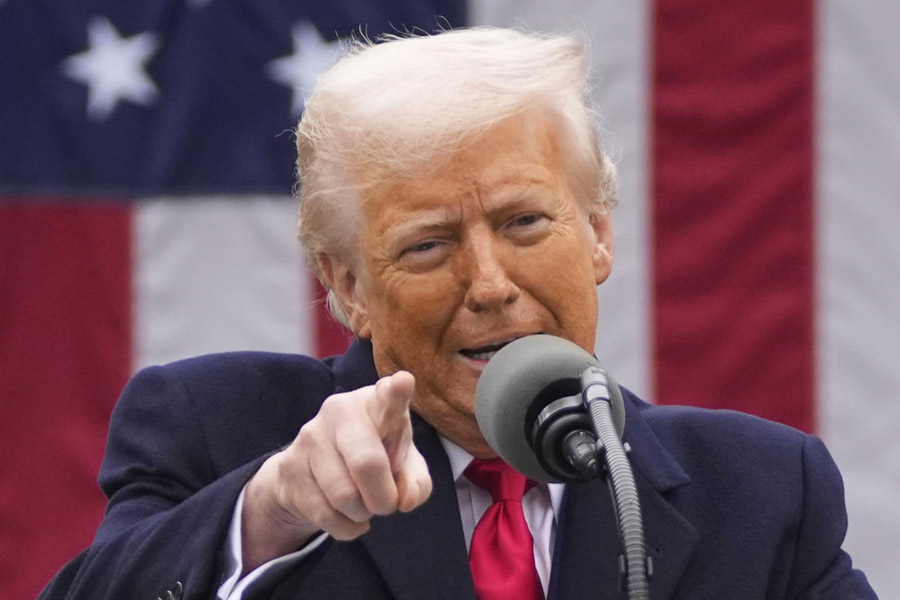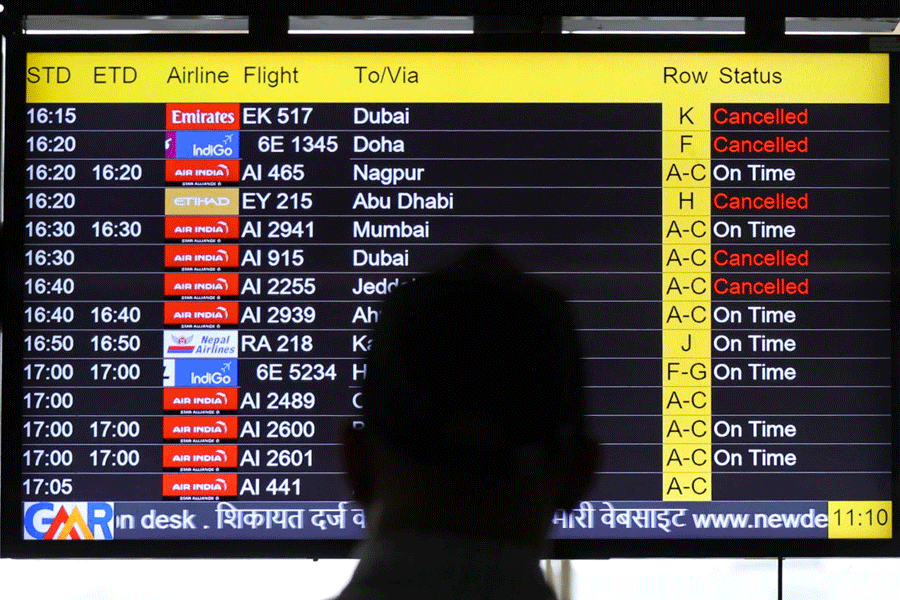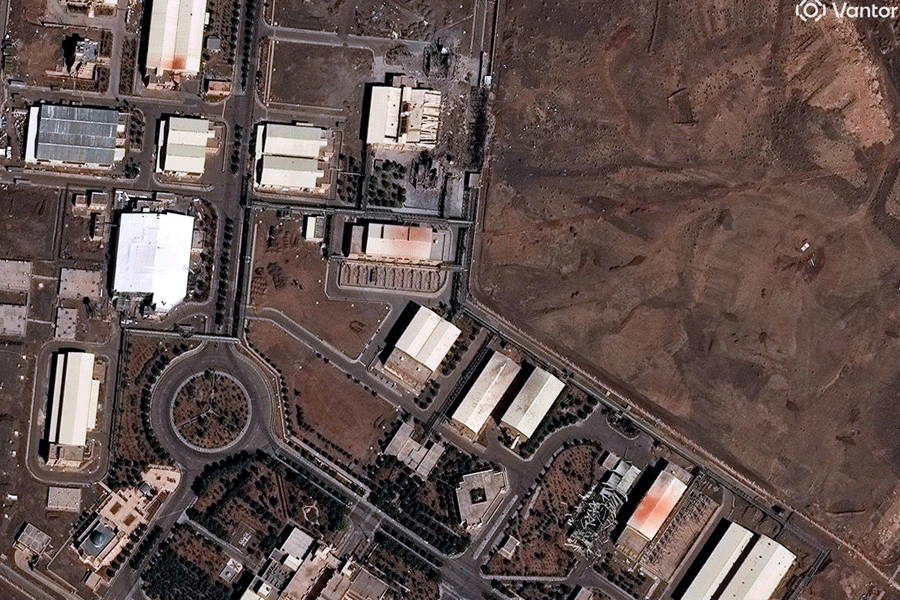President Donald Trump said he would impose a 100 per cent tariff on movies “produced” outside the United States, proclaiming in a social media post on Sunday that the issue posed a national security threat.
Trump said he had authorised Jamieson Greer, the United States Trade Representative, to begin the process of taxing “any and all movies coming into our country that are produced in foreign lands.”
On Monday, White House spokesman Kush Desai said: “Although no final decisions on foreign film tariffs have been made, the administration is exploring all options to deliver on President Trump’s directive to safeguard our country’s national and economic security while ‘Making Hollywood Great Again’,” Desai said.
The US Trade Representative’s office had no immediate comment. Commerce Secretary Howard Lutnick said simply, “We’re on it””.
The Motion Picture Association, which represents the biggest Hollywood studios in Washington, declined to comment. The association’s latest economic impact report, based on government data and released in 2023, showed the film industry generated a positive US balance of trade for every major market in the world.
As is often the case with Trump’s declarations on social media, it was not entirely clear what he was talking about. Did he mean any movie, including independent foreign-language films destined for art house cinemas and movies that play exclusively on streaming services?
Would such a tariff apply only to movies receiving tax incentives from foreign countries — or to any movie with scenes shot overseas? What about postproduction visual effects work? A single superhero movie can often involve a half-dozen or more specialised firms around the world.
Britain, Hungary, Australia, New Zealand, Canada and other countries offer tax incentives that Disney, Warner Bros, Universal Pictures and other major movie companies, including Netflix and Amazon, have used. International locales also often come with lower labour costs.
As a result, thousands of middle-class film workers in the US — camera operators, set decorators, lighting technicians, makeup artists, caterers, electricians — have seen work evaporate. According to the International Alliance of Theatrical Stage Employees, 18,000 full-time jobs have been eliminated in the past three years, primarily in California.
Sometimes the cost of shipping props and people overseas ends up costing studios more than they hope to save with tax credits. But more often, producers say, the cost of working in California is prohibitive.











